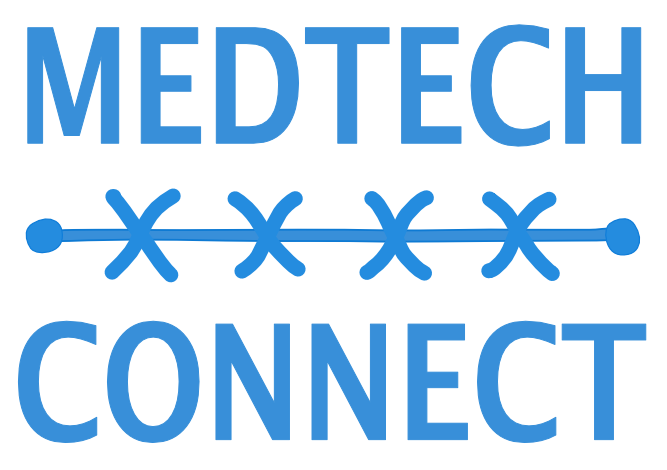Pivotal Healthcare
Imagine you’re stuck in your dorm with the flu. You’re in no condition to walk, drive, or ride a bike. Your parents are hundreds of miles away. Now, imagine summoning a nurse practitioner to your location with a few taps on your iPhone.

Pivotal Healthcare, led by CEO Sal Braico, is a HealthTech startup offering house calls and telemedicine with a unique combination of target markets, technology, and operational efficiency. This is Sal’s fifth C-level role in the health space, where he worked on products ranging from medical devices to software. Pivotal is currently raising Series A funding.*
It might be easier to explain Pivotal by what it doesn’t do. It doesn’t accept insurance, it doesn’t cover every big city, it doesn’t have a clinic for patients to visit, and it doesn’t require a phone call to make an appointment.
Pivotal’s target audience is university students. They pay a semester fee—no co-pays. Non-members pay a per-visit fee, currently $189, which covers most treatments.
Pivotal also offers plans for employers. These plans complement high-deductible health insurance plans and roles where sick days impact revenue (e.g., retail, delivery).
Their subscription makes for more predictable revenue and obvious interventions. Renewal times are critical. University students (and their parents) have an incredibly predictable sales calendar and provide a source of affordable marketing labor. Employers renew on an annual cycle.
So, what makes this a HealthTech startup? Pivotal has iOS and Android apps that streamline appointment scheduling with intelligent triage to match care providers to symptoms. They built integrated systems for route planning, billing, member management, member communications, and an Electronic Medical Record (EMR) on the back end. The software helps minimize downtime and administrative overhead.
Pivotal’s focus on university students gives them an acquisition advantage: word of mouth. Pivotal claims a cost to acquire customer (CAC) of $43, which isn’t bad for a membership costing $60/month. They’re raising funds to expand to other university markets, each presumably having a TAM (total addressable market) in the tens of thousands of students.
Overhead expenses are a challenge in any service business. Their gross margin (the portion of revenue remaining after subtracting COGS, cost of goods sold) projections of around 50% look favorable for their size, assuming the vehicle expenses are included in the COGS calculation.
Other questions for investors include their moat, ability to hire and retain medical staff, and ability to efficiently open new locations.
If they keep growing, Pivotal Healthcare demonstrates a path to delivering good value for money in a usually high-cost industry.
*The usual disclaimers apply: at the time of writing, I’m not an investor or otherwise financially involved with Pivotal Healthcare. The photo is AI-generated. I’m profiling this startup for educational purposes.
